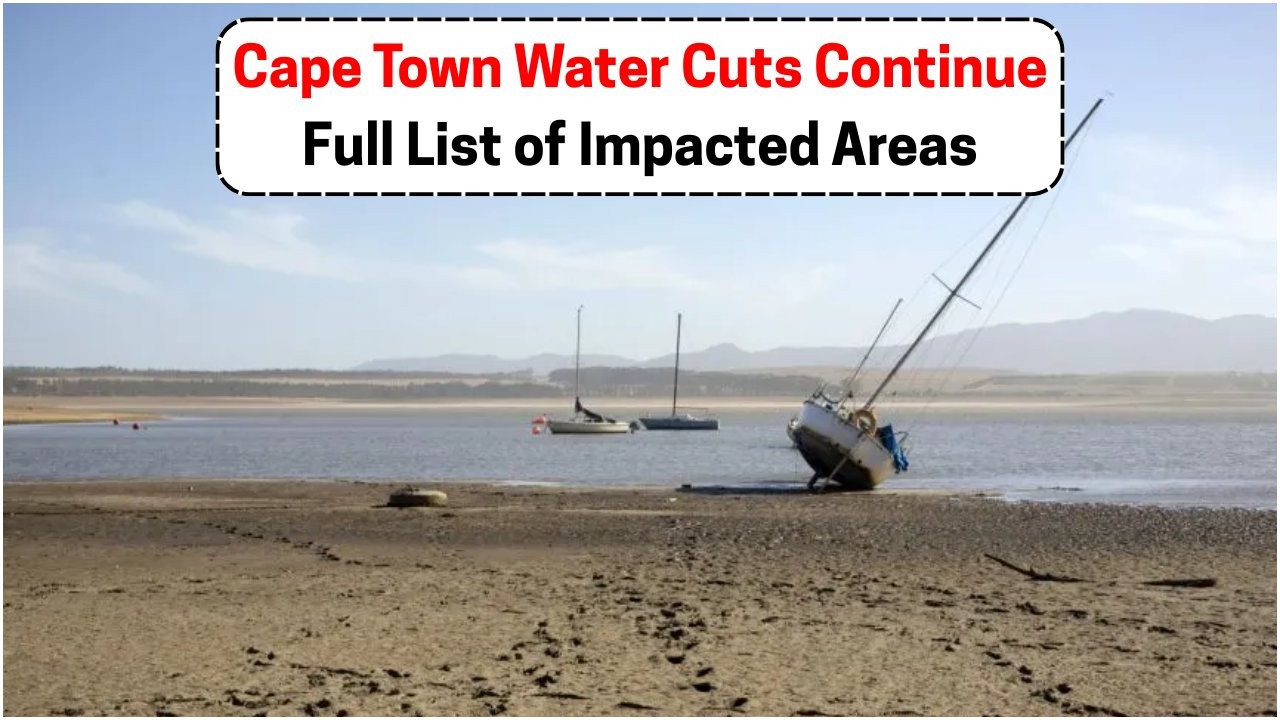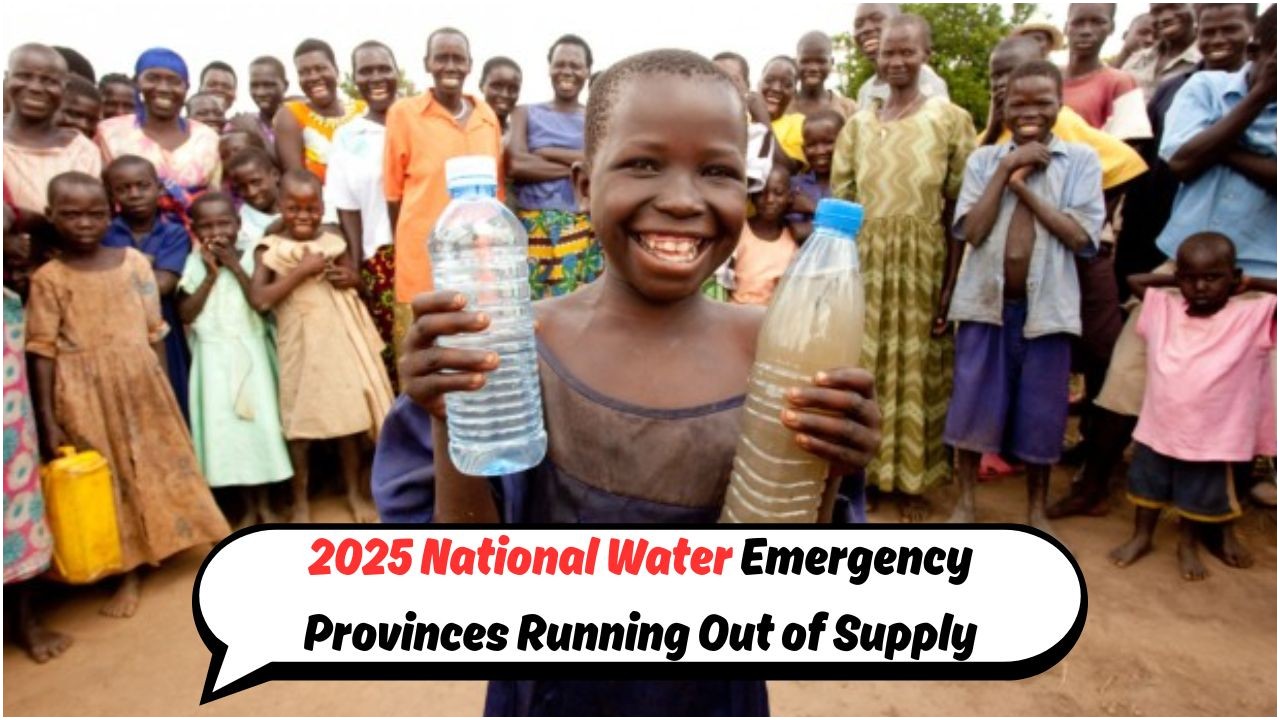Cape Town’s Six-Day Water Crisis: Cape Town, a city renowned for its stunning coastline and vibrant culture, recently faced a daunting six-day water crisis that has left its residents and policymakers scrambling for sustainable solutions. This alarming situation has raised questions about the city’s preparedness for future dry spells and the broader implications for other South African cities. As Cape Town navigates its water challenges, it’s crucial to understand what led to this crisis and how it can be a learning opportunity for other urban areas susceptible to similar drought conditions.
Understanding the Causes Behind Cape Town’s Six-Day Water Crisis
The six-day water crisis in Cape Town was a wake-up call for the city’s infrastructure and emergency preparedness. While Cape Town has experienced drought conditions in the past, this particular incident underscored the urgency of addressing water scarcity with innovative solutions. A combination of factors contributed to the crisis, including inadequate rainfall, increased water demand due to population growth, and outdated infrastructure that struggled to keep up with the city’s needs. These elements, when combined, created a perfect storm that left Cape Town residents grappling with restricted water access and stringent usage regulations.
Local authorities had to implement emergency measures, such as water rationing and the deployment of water trucks to affected neighborhoods. While these efforts provided temporary relief, they highlighted the need for long-term strategies to mitigate similar crises in the future. The city is now focusing on enhancing water conservation measures, investing in modern infrastructure, and exploring alternative water sources like desalination plants. By addressing these critical factors, Cape Town aims to build resilience against future water shortages and set an example for other cities facing similar challenges.
The Impact of Cape Town’s Water Crisis on Daily Life
Cape Town’s water crisis had wide-ranging effects on the daily lives of its residents. With water usage restrictions in place, households had to drastically reduce their consumption, altering their routines and daily habits. The crisis also affected businesses, particularly those in water-intensive industries such as agriculture, hospitality, and manufacturing. Many companies had to adapt quickly, implementing water-saving technologies and processes to continue operations amidst the shortages.
Schools and healthcare facilities also faced challenges, needing to ensure safe and hygienic environments despite limited water availability. This situation highlighted the importance of community resilience and the role of local organizations in providing support and resources during times of crisis. As Cape Town works to recover from this event, the lessons learned will play a crucial role in shaping future policies and strategies to prevent similar occurrences. Residents and businesses alike are now more aware of the importance of water conservation and are likely to adopt more sustainable practices moving forward.
Strategies to Prevent Future Water Crises in Cape Town
In the wake of the six-day water crisis, Cape Town is taking proactive steps to prevent similar events in the future. One of the primary strategies involves diversifying the city’s water sources to reduce reliance on traditional supply systems. This includes investing in desalination plants, which convert seawater into potable water, and enhancing rainwater harvesting initiatives. By expanding these alternative sources, Cape Town aims to build a more robust and flexible water supply network capable of withstanding future droughts.
Additionally, the city is focused on improving water management and conservation practices. This includes upgrading aging infrastructure to reduce leaks and wastage, implementing smart water meters to monitor consumption in real-time, and promoting public awareness campaigns to encourage responsible water use. By fostering a culture of conservation, Cape Town seeks to empower its residents to actively participate in safeguarding their water resources.
Implications for Other South African Cities Facing Water Challenges
The lessons from Cape Town’s water crisis extend beyond the city’s borders, offering valuable insights for other South African cities facing similar challenges. As climate change and population growth continue to stress water resources nationwide, the strategies and solutions developed in Cape Town can serve as a blueprint for other municipalities. By investing in resilient infrastructure, diversifying water sources, and prioritizing conservation efforts, cities across South Africa can better prepare for and mitigate the impacts of future water shortages.
 Unlock R10,000 in Cash Support with the 2025 Youth Skills Grant – Hurry, Apply Before It's Too Late!
Unlock R10,000 in Cash Support with the 2025 Youth Skills Grant – Hurry, Apply Before It's Too Late!
Collaboration between government agencies, private sectors, and local communities will be essential in addressing the complex issues surrounding water scarcity. By sharing knowledge and resources, cities can collectively work towards sustainable solutions that benefit all South Africans. As Cape Town continues to navigate its water challenges, its experiences offer a valuable opportunity for other cities to learn and adapt, ensuring a more secure and sustainable water future for the entire nation.








